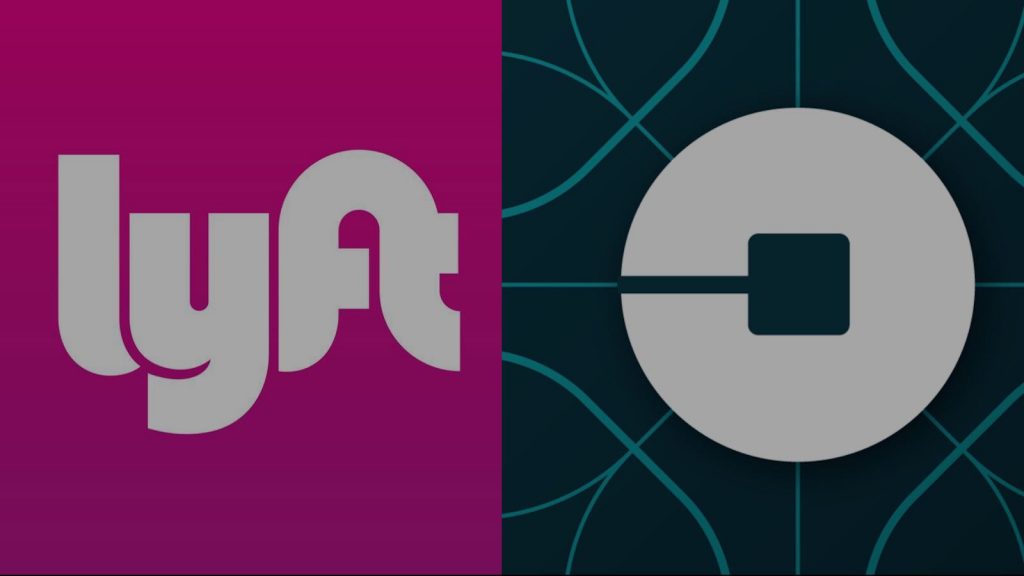Just over a year after they left Austin, Uber and Lyft have returned to the city (as of Monday, May 29th). That’s the day when Texas Governor Greg Abbott signed HB 100, a bill that essentially overturns Austin’s local ride-hailing app regulations and replaces them with a statewide regulatory system.
A bit of history…
In case you forgot, in 2015 Austin City Council passed a series of regulations, that amongst other things, required fingerprint-based background checks for all drivers of ride-hailing services like Uber and Lyft. Both companies protested the new rule, saying that fingerprint-based checks are overly burdensome (both companies already conduct their own non-fingerprint-based background checks) and interfere with their ability to quickly onboard new drivers and provide a high quality of service.
The issue eventually was brought to the voters with a election in May of 2016 and despite an expensive ad campaign from Uber and Lyft, the voters decided to keep the regulations in place and the companies ceased operations in the City of Austin.

Phone message from last year around this time, when Uber announced they were leaving Austin in protest over the city’s new regulations
What does HB 100 actually do?
The new ride-hailing bill essentially overturns the dozens of rules passed by cities and towns throughout Texas, including Austin.
It also requires ride-hailing companies to have a permit from the Texas Department of Licensing and Regulation and to pay an annual fee to operate in the state. And most significantly, it requires companies to perform local, state, and national criminal background checks on drivers annually. However, those background checks do not have to include fingerprints.
What about the other companies?
After Uber and Lyft left Austin last year, several other companies (like Fare, Fasten, and RideAustin) popped up in their place, all willing to comply with the City of Austin’s fingerprint-based background checks. At this point in time, it appears as if many of these new companies are going to stay. RideAustin, a local nonprofit ride-hailing app, has said that it will continue to conduct fingerprint-based background checks on its drivers and hopes that Austinites will continue to vote with their dollars by deciding to “ride local.”
What are Austinites saying?
“I’m disappointed that the legislature chose to nullify the bedrock principles of self-governance and limited government by imposing regulations on our city over the objection of Austin voters,” Austin Mayor Steve Adler said in a statement. “Our city should be proud of how we filled the gap created when Uber and Lyft left, and we now must hope that they return ready to compete in a way that reflects Austin’s values.”
Others were much more excited about HB 100 and the return of Uber and Lyft, including Austin City Council Member Ellen Troxclair, who tweeted that her district (in southwest Austin) had originally voted against fingerprint-based background checks and that HB 100 provides “predictability across municipalities.”



